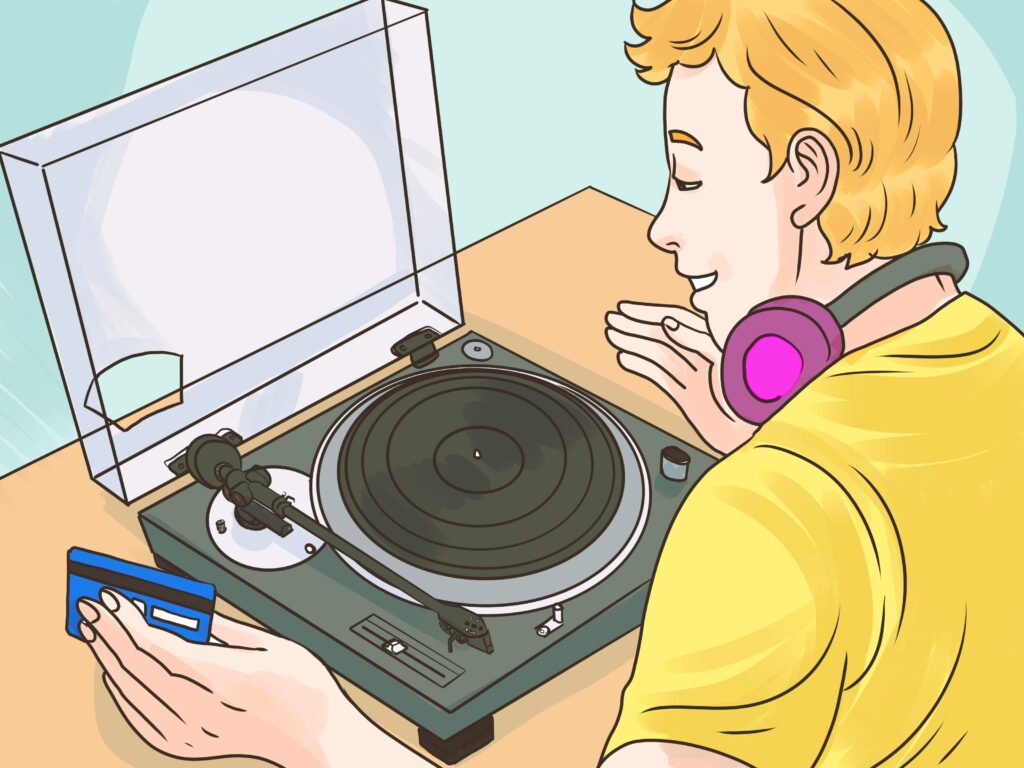
Have you ever wondered what goes on behind the microphone at your favorite radio station? Being a radio DJ is more than just playing music – it’s a dynamic and fast-paced profession that requires creativity, technical skill, and a passion for connecting with listeners. In this article, we’ll take you behind the scenes and explore what a typical day looks like for a radio DJ, from preparing playlists to engaging with the audience on air.
Morning Routine
For many radio DJs, the day begins early. The morning hours are crucial for preparing for the day’s broadcasts and connecting with listeners during prime commuting hours. DJs typically arrive at the radio station well before their show begins to review the day’s playlist, research upcoming events or promotions, and prepare any pre-recorded segments or interviews.
Show Preparation
Once at the station, the DJ dives into show preparation. This may involve selecting music tracks for the playlist, organizing listener requests, and scripting any on-air announcements or promotions. DJs often collaborate with music directors or program managers to ensure that their playlist aligns with the station’s format and target audience.
On-Air Broadcasting
As the show goes live, the DJ takes to the airwaves, bringing energy and enthusiasm to their listeners. Whether hosting a morning talk show, a midday music program, or an evening drive-time slot, the DJ’s goal is to engage and entertain their audience. This may involve introducing songs, conducting interviews with special guests, sharing news and information, or hosting interactive segments with listeners.
Managing Technical Equipment

In addition to hosting the show, radio DJs are responsible for managing the technical equipment in the studio. This includes operating soundboards, adjusting audio levels, cueing up music tracks, and troubleshooting any technical issues that may arise during the broadcast. DJs must be proficient in using broadcasting software and equipment to ensure a seamless on-air experience for listeners. Do you like our articles? Read about the role of radio in social change in this article.
Engaging with Listeners
One of the most important aspects of being a radio DJ is building a connection with the audience. Throughout the show, DJs interact with listeners through phone calls, text messages, social media, and other communication channels. They respond to song requests, shout-outs, and feedback from listeners, creating a sense of community and engagement that keeps listeners tuning in day after day.
Post-Show Duties
After the show wraps up, the work isn’t over for the radio DJ. Post-show duties may include reviewing listener feedback, updating social media accounts, and preparing for future broadcasts. DJs may also participate in station meetings or promotional events, networking with advertisers, sponsors, and industry professionals to support the station’s growth and success.
Conclusion
Being a radio DJ is a demanding yet rewarding profession that requires a unique blend of skills and qualities. From crafting engaging playlists to connecting with listeners on a personal level, radio DJs play a vital role in shaping the sound and culture of their communities. By providing entertainment, information, and a sense of connection, radio DJs bring joy and inspiration to listeners around the world.
For more information on broadcasting standards and best practices, you can refer to the following sources:
- Wikipedia: Radio Broadcasting



